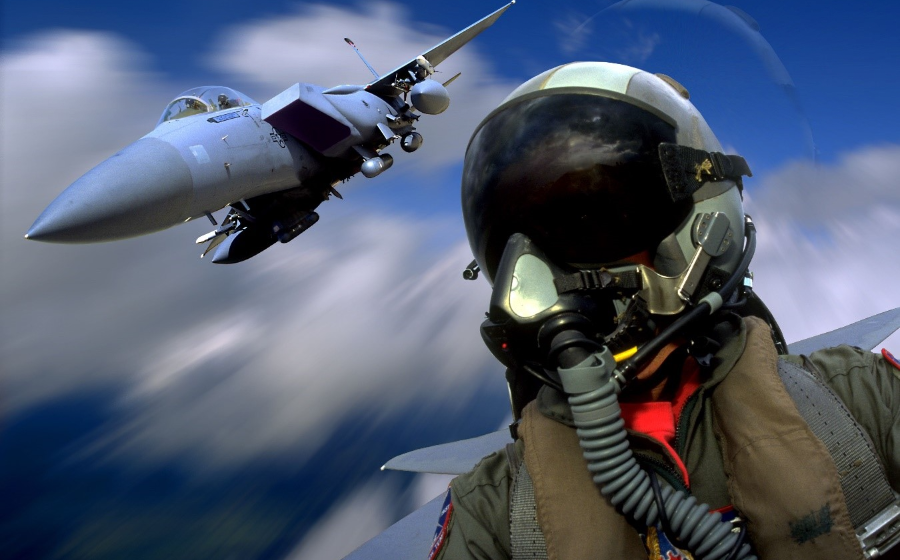A Pentagon study has found high rates of cancer among military pilots and for the first time has shown that ground crews who fuel, maintain and launch those aircraft are also getting sick.
The data had long been sought by retired military aviators who have raised alarms for years about the number of air and ground crew members they knew who had cancer. They were told that earlier military studies had found they were not at greater risk than the general U.S. population.
In its yearlong study of almost 900,000 service members who flew on or worked on military aircraft between 1992 and 2017, the Pentagon found that air crew members had an 87% higher rate of melanoma and a 39% higher rate of thyroid cancer, while men had a 16% higher rate of prostate cancer and women a 16% higher rate of breast cancer. Overall, the air crews had a 24% higher rate of cancer of all types.
The study showed ground crews had a 19% higher rate of brain and nervous system cancers, a 15% higher rate of thyroid cancer and a 9% higher rate of kidney or renal cancers, while women had a 7% higher rate of breast cancer. The overall rate for cancers of all types was 3% higher.
There was some good news reported as well. Both ground and air crews had far lower rates of lung cancer, and air crews also had lower rates of bladder and colon cancers.
The data compared the service members with the general U.S. population after adjusting for age, sex and race.
The Pentagon said the new study was one of the largest and most comprehensive to date. An earlier study had looked at just Air Force pilots and had found some higher rates of cancer, while this one looked across all services and at both air and ground crews. Even with the wider approach, the Pentagon cautioned that the actual number of cancer cases was likely to be even higher because of gaps in the data, which it said it would work to remedy.
The study “proves that it’s well past time for leaders and policy makers to move from skepticism to belief and active assistance,” said retired Air Force Col. Vince Alcazar, a member of the Red River Valley Fighter Pilots Association, which had lobbied the Pentagon and Congress for help. Alcazar serves on the association’s medical issues committee.
The study was required by Congress in the 2021 defense bill. Now, because higher rates were found, the Pentagon must conduct an even bigger review to try to understand why the crews are getting sick.
Isolating potential causes is difficult, and the Pentagon was careful to note that this study “does not imply that military service in air crew or ground crew occupations causes cancer, because there are multiple potential confounding factors that could not be controlled for in this analysis,” such as family histories, smoking or alcohol use.



